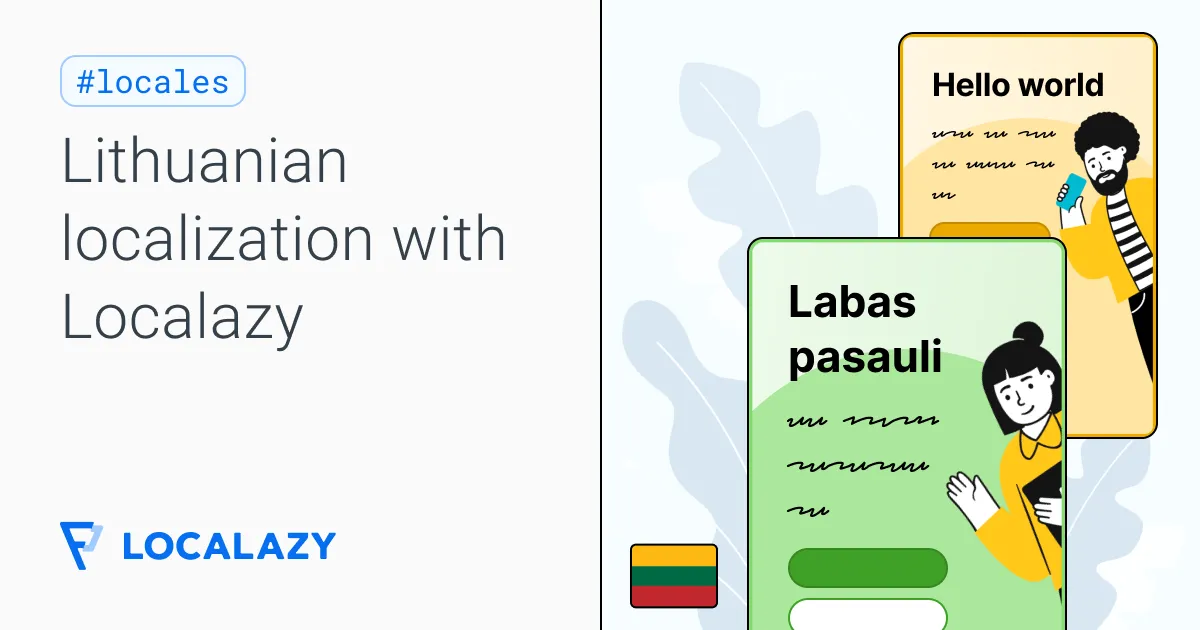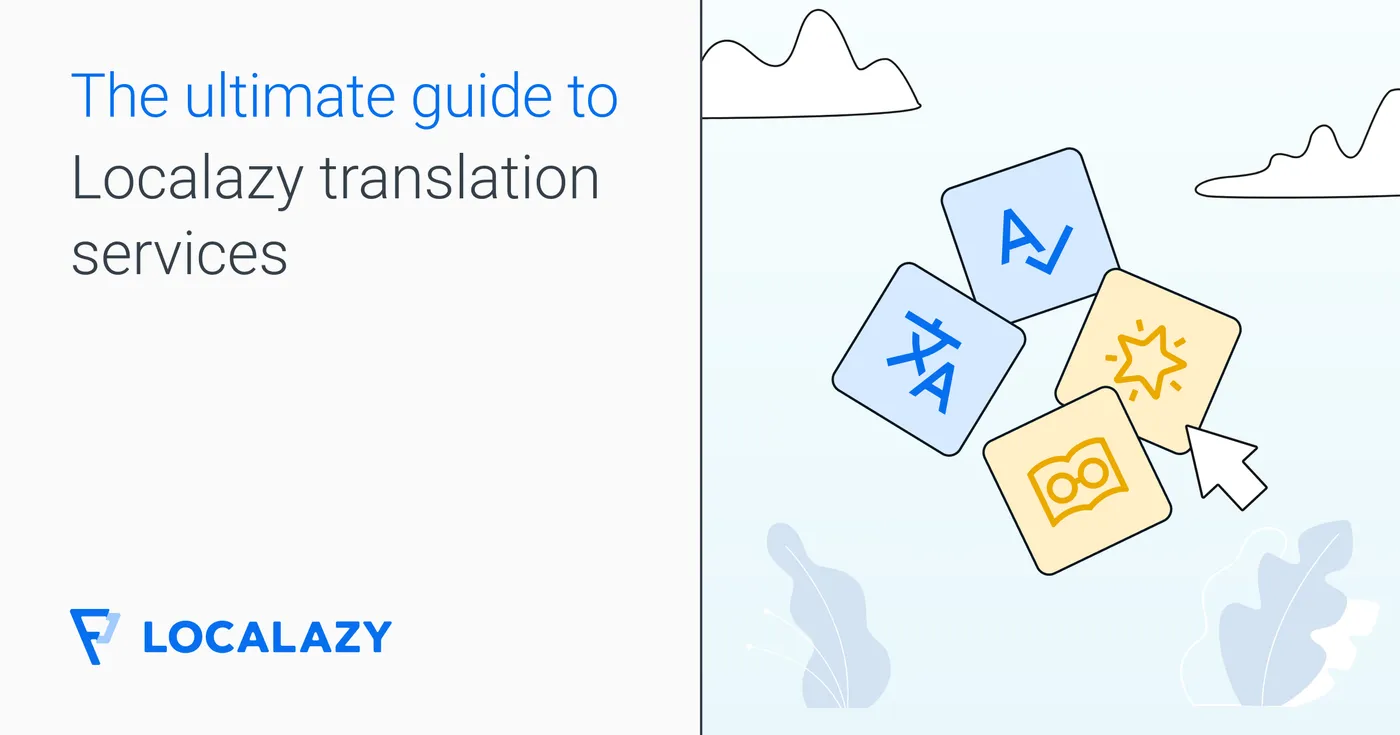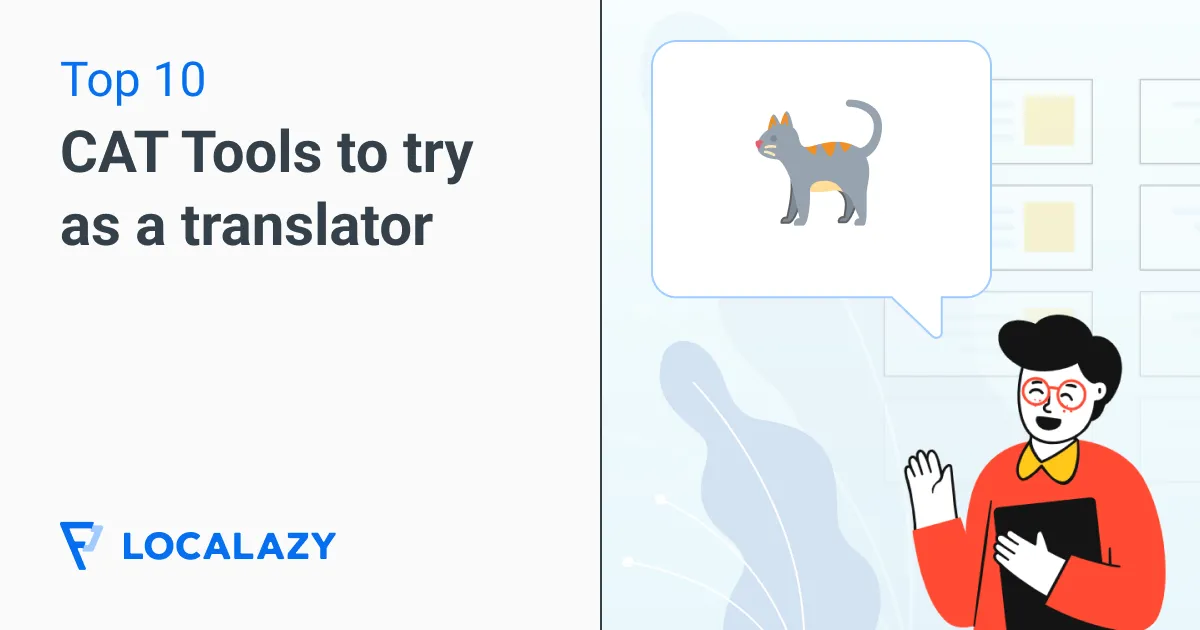As more and more businesses expand their activities around the world, the need for professional translation services is becoming more sought after and important than ever.
One group of languages that can pose a challenge for international companies is the Baltic languages. These include Lithuanian, Latvian, and Estonian. In this article, we will provide a guide for companies that are considering translating their websites, software, or digital content into Lithuanian.

⛹️♂️ The uniqueness of the Lithuanian market 🔗
Lithuanian is spoken by approximately 3 million people and is the official language of Lithuania, the European Union, and a minority language in Poland. Lithuania's priorities in business development are IT and cooperation with European partners.
It occupies a high position in the rating of ease of doing business. For the convenience of business contacts, Lithuania even tried to switch to the German time zone in 1998, and the Internet speed in Lithuania is one of the fastest in the region. Lithuania uses the euro and is part of the Schengen visa-free area. A Lithuanian passport allows you to visit about 170 countries of the world without a visa.

🤔 Specifics and pitfalls of Lithuanian 🔗
Lithuanian is one of the Baltic languages. It shares features with another living Baltic language in the region, Latvian. However, it is different in grammar, vocabulary, and pronunciation.
One of the problems with translating into Lithuanian is its word order, as it is completely different from other languages. This language has seven cases of nouns and multiple verb tenses, which makes it more complex than other European languages.
An interesting fact about the Lithuanian language is the complexity of its system of word endings, which change depending on the context of the sentence. Therefore, these nuances require experienced translators, and although machine translations consolidate their place in the translation industry, in the case of Lithuanian, they are often useless.

👔 Professional localization as a necessity for success 🔗
An essential aspect to consider when translating into Lithuanian is the country's cultural context. Lithuanian culture has its own unique customs and traditions that can influence the translation of certain words, phrases, and their understanding. For example, some words may have a different meaning in Lithuanian than in English, and therefore the message needs to be adapted to local readers in order to make the text meaningful to them.
In recent decades, a lot of new terminology has appeared, in some cases revising old vocabulary. There is even a state body for this, the "Linguistic Commission," which can declare a word inappropriate and require its replacement with a newly invented neologism.
✔️ Conclusion 🔗
To sum up, translating texts into Lithuanian requires experienced translators who know the unique grammar, vocabulary, and pronunciation of this language and its current form.
In addition, the cultural context plays a vital role in ensuring that the translation actually conveys the intended meaning to the Lithuanian readers. By following these essential requirements, international companies can successfully translate their texts into Lithuanian and effectively reach out to local citizens and companies.
🚩 Lithuanian localization with Localazy 🔗
Localazy allows you to translate your software projects, websites, and other digital content into many languages, including Lithuanian. Our professional translators are all native speakers, so you don't have to worry about the quality of work if you prepare a good context bank for your texts!
Learn how to order translations for your project in
The ultimate guide to Localazy translation services.
Translate your projects from English to Lithuanian comfortably with Localazy now and reach millions of speakers in the Baltic region of Europe.




